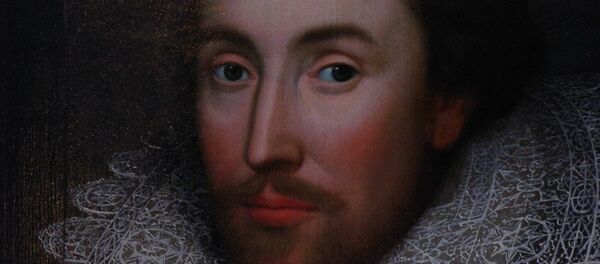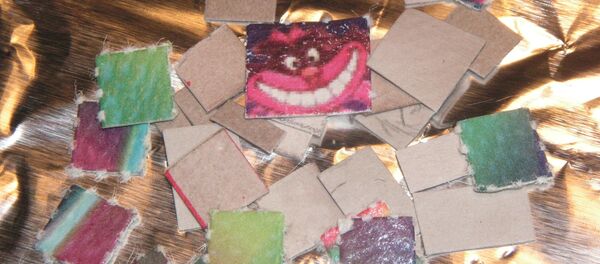Stories about writers’ drug use are certainly nothing new. Anyone who has read one page of "Naked Lunch" knows William Burroughs was loaded more often than not. Philip K. Dick dabbled in a range of amphetamines while writing some of the best sci-fi novels in existence, and if John Cheever was awake, he was drunk.
Still, when you think of 17th century England, marijuana doesn’t exactly enter the picture. But according to a team of South African researchers, cannabis may have been the drug of choice for the world’s most famous raconteur, William Shakespeare.
Using advanced gas chromatography, the researchers examined the fragments of tobacco pipes excavated from the town of Stratford-upon-Avon. Some of these pieces were found in the garden of the playwright.
Sure enough, those tests found 400-year-old traces of marijuana.
"Literary analyses and chemical science can be mutually beneficial, bringing the arts and the sciences together in an effort to better understand Shakespeare and his contemporaries," said the study’s lead researcher Francis Thackeray.
Maybe it shouldn’t be that surprising. You don’t write a line like "I am in blood. Stepped in so far that, should I wade no more," on just a morning glass of orange juice.
Still, some scholars aren’t buying it. They argue there’s never been any indication that the Bard took drugs. They also point to a suspicious lack of references within Shakespeare’s writings. Writers write about what they know, and while you’d be hard-pressed to a find a single sentence in "Fear and Loathing in Las Vegas" that doesn’t at least make a casual reference to mescaline, Shakespeare’s works are fairly vice-free. Aside from all the sex and murder.
There’s one sonnet that could maybe be interpreted as Shakespeare suffering a case of the munchies, but who wouldn’t dream about a box of Cheez-Its when surviving exclusively on 17-century English cuisine?
"Like as, to make our appetites more keen/With eager compounds we our palate urge," Sonnet 118 reads.
But as Thackeray points out, drug use was much more frowned upon in Shakespeare’s time, as cannabis was condemned by the church.
"Writers who were explicit about Cannabis could have their books burnt," Thackeray told CNN.
The study was published in the South African Journal of Science, and the debate is sure to rage on.
Hard to say if you’ve got to be high to write it, but it definitely helps if you’re gonna read it.




